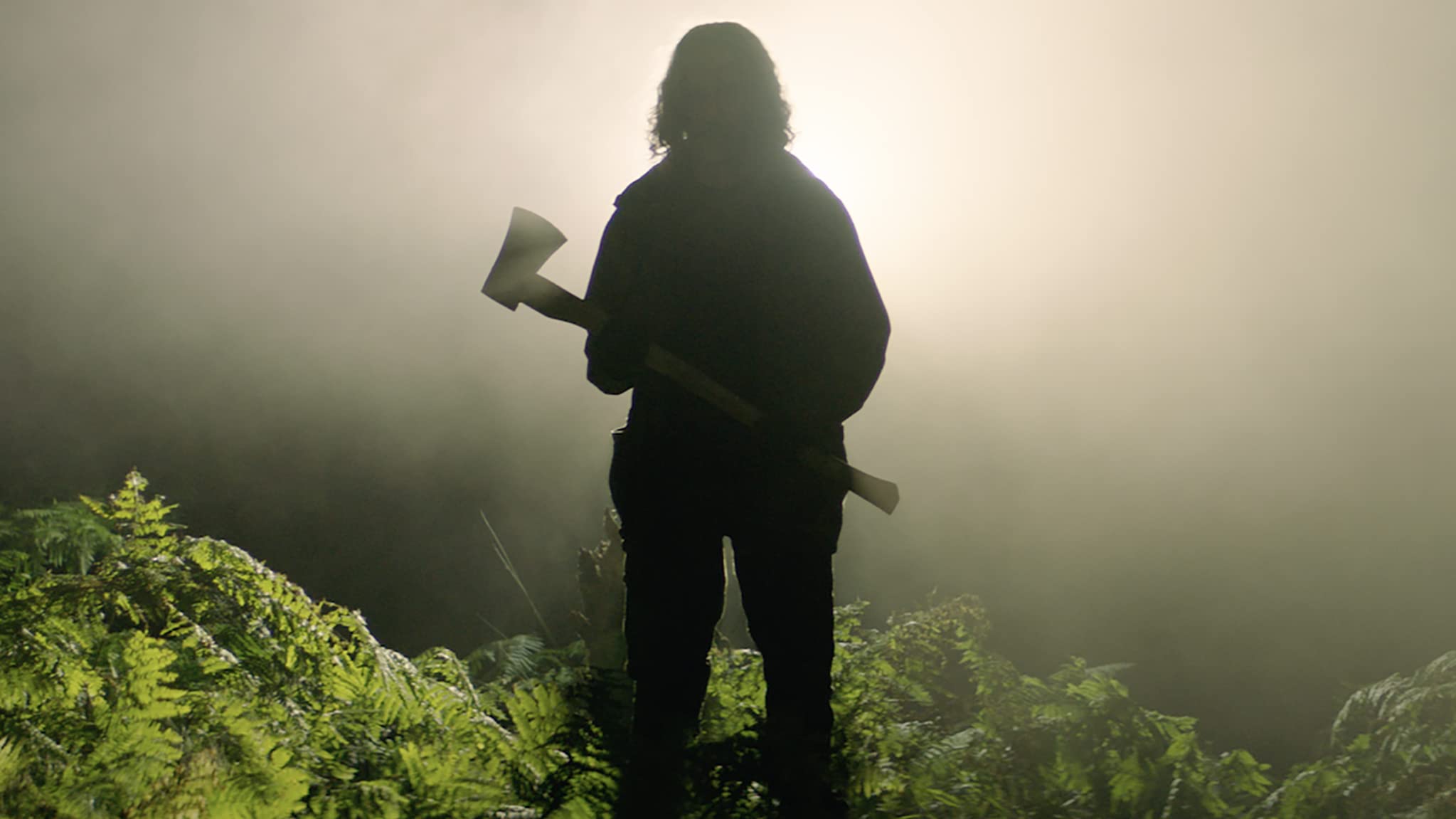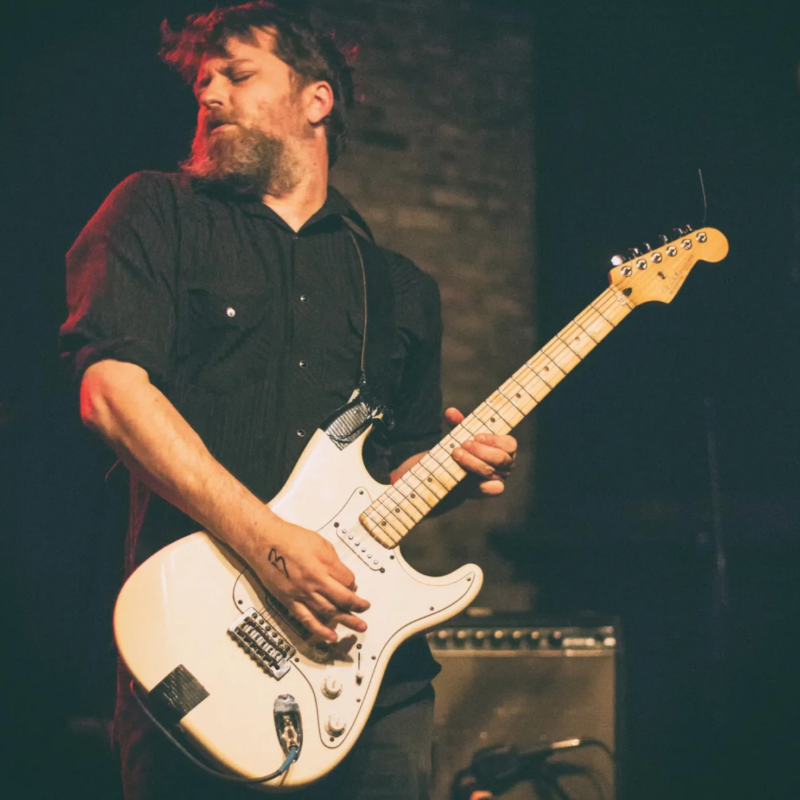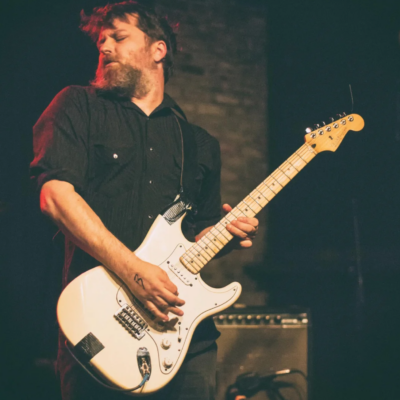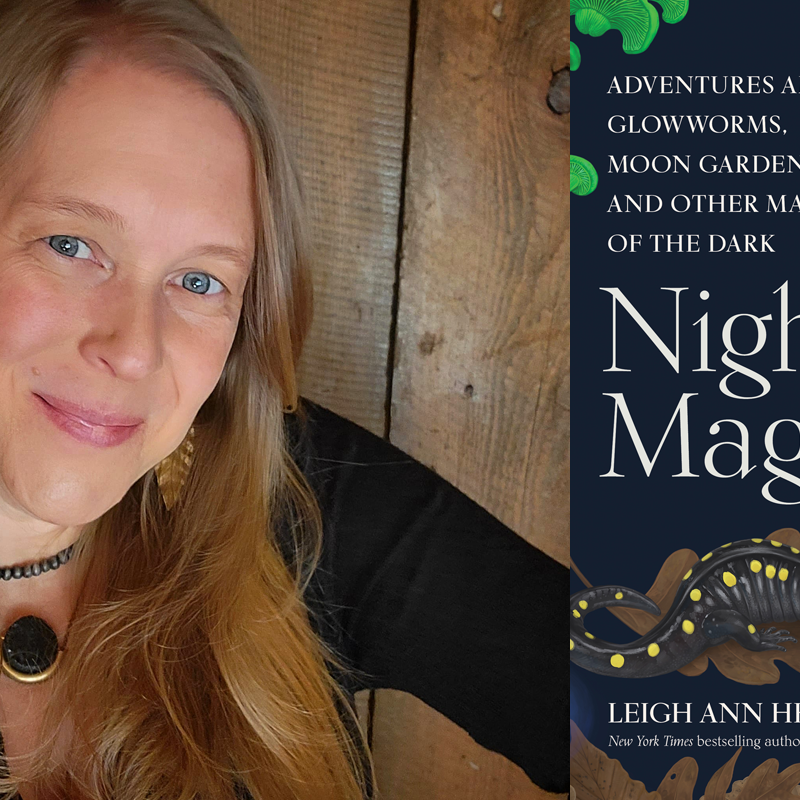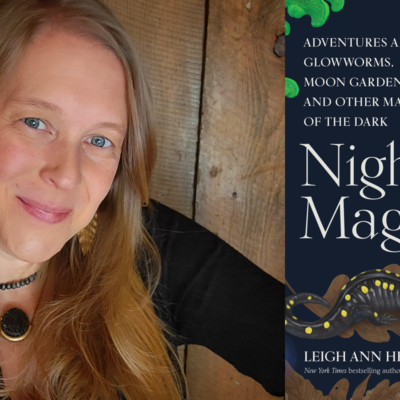Blending folk horror, environmental anxiety, and good old-fashioned psychopathy, In the Earth is not your everyday horror film. It’s a steady exercise in suspense, filled with slowly growing doom and unforeseeable instability.
Written and directed by Ben Wheatley, the movie is a return to the British filmmaker’s roots. It’s difficult to summarize the career of a shapeshifter like Wheatley. Though he began his directing career in television, he has firmly established himself as a filmmaker who plays in various sandboxes, bringing his own twisted tools along with him. Jumping between budgets and genres with relative ease, Wheatley is a master at making his audience squirm.
Sightseers is his crack at dark comedy, with an emphasis on the dark. Free Fire is a shoot ’em up focused almost entirely on the shooting, devoid of details like plot and character development. His most unique film to date is A Field In England, which deals with alchemy during the English Civil War in stark black and white. His adaptation of Daphne du Maurier’s Rebecca, starring Lily James and Armie Hammer, was released directly to streaming last year, with a deservedly mixed reception.
In the Earth is Wheatley’s second foray into folk horror (his first was the tense and haunting Kill List), and takes place in our own uncertain times. Wheatley began writing his script after the first UK COVID-19 lockdown, and the film was shot in the midst of the global outbreak. Reflecting the reality behind the camera, the plot spotlights virus fear and concern in its opening moments.
When we first see Martin (Joel Fry), he is approaching a cabin, and gets stopped for decontamination. He’s there to find Dr. Olivia Wendle (Hayley Squires), a colleague who was doing research in the woods and abruptly stopped communicating. Alma (Ellora Torchia) knows the woods well, and offers to take Martin to find Wendle, though the hike to where she is suspected to be will last days.
The pandemic and the spookiness of the woods ratchets up the tension, and Wheatley throws myriad obstacles into the expedition. There’s talk of a witch who protects the forest, and it seems that the travelers are not alone.
Human, natural, and supernatural threats pummel Martin and Alma on their journey. In less skilled hands, the mishmash of horrors could have been overwhelming, but Wheatley never makes it confusing, and the trickle of interconnected fresh hells adds an additional fear: conspiracy.
None of these shocks would land without Wheatley’s deft assembly of sound design, cinematography, and score. Whatever fright is lurking in the woods needs to be heard, and not necessarily seen, and taking in the beauty of the forest while building suspense within the threatening surroundings strikes the right balance.
Historically, Wheatley has a propensity for building his way to grand finales, and In the Earth is no exception—but don’t mistake it for a thrill ride. The pace is intentional and measured, and Martin must face each threat as he is slowly guided through the woods. He does not flinch, even when that seems impossible. The film’s ultimate payoff is a natural culmination of the gore, frights, and dread. Don’t say we didn’t warn you.
